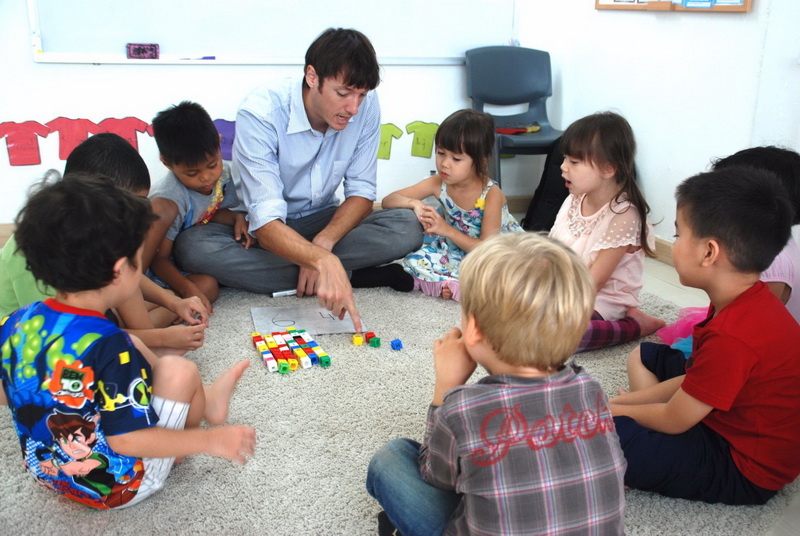Why I like to teach in the Early Years

I have been lucky enough to teach almost every year group in my time as a teacher; from Nursery all the way through to upper secondary. Whilst I enjoy the challenges that accompany every age group, I would always choose to teach Early Years over any other level. Some might disagree, but for me, the Early Years is the most challenging stage to teach, and this is what makes it the most rewarding.
Creativity and drive
Young children are amazing. They are brimming with creativity and their potential is endless. It is unfortunate that so many schools manage to subdue this potential through control and routine. When teaching older children it is very hard to get this drive back so the importance of getting it right early is imperative. Being part of this is so enjoyable, guiding children to be independent thinkers and helping them to find their own, unique personalities.
No child left behind
As you move up the year groups you often find the divide between the higher and lower ability children grows and like their drive, it becomes more and more difficult to get them up to speed. Children who develop a healthy foundation from an early age often find the following years much easier, not just academically but socially as well. I often found it frustrating teaching older children who had clearly been given up on by the system because perhaps they were more difficult to teach.
Learning and its negative stigmas
A much forgotten part of the Early Years curriculum is the focus on healthy living and sustainability. The world is forever changing and the process of change has been gaining more and more momentum. Changes in education happen, but not fast enough to keep up with the world around us. Yes there are taught ‘topics’, but these kinds of ideologies should be part of an overall ethos, rather than a topic that is picked up for a few weeks in the school year. We are now in a situation where we have no idea what we are preparing our children for. For this reason it is imperative that our children become life-long learners, able to teach themselves and adapt to new changes. The only way this happens is if the negative associations of learning are eradicated and children start to see learning as fun and engaging.
There is no reason why learning can’t be fun. Learning science should be no different from learning to play football. The only reason we see it as different is because we have attached negative stigmas to education ourselves. Being involved in the early years is fantastic, as you get to prepare the children for their future. Getting it right at this crucial stage in their learning journey, will set them up to be passionate about their education.
By T. Dave
